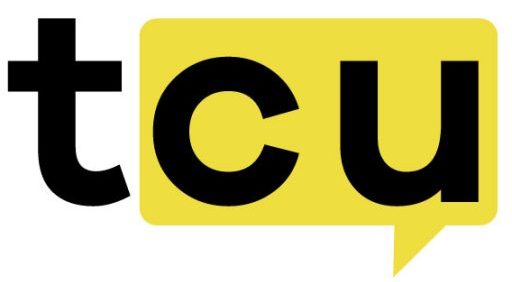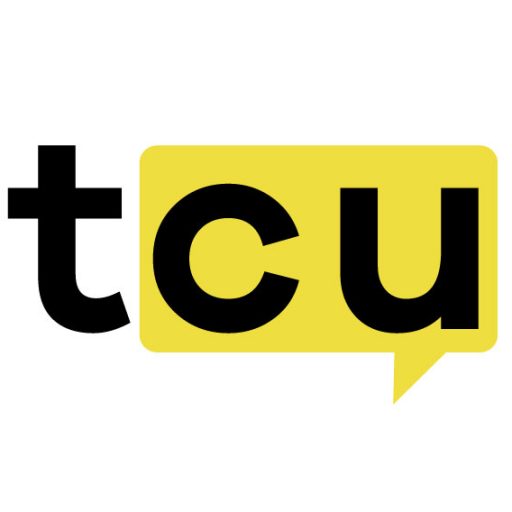Partnership Enables Private Data Processing
Oasis Protocol, a privacy-focused Layer-1 blockchain, has teamed up with Heurist, a decentralized AI cloud computing network. This collaboration brings confidential computing capabilities to Web3 applications through Heurist’s technology. The integration allows Oasis developers to access what they’re calling Decentralized Confidential Computing (DeCC) functionalities.
Basically, Heurist provides a way to process sensitive data without exposing it. They use something called Trusted Execution Environments (TEEs) to create protected spaces where data can be handled securely. This means AI models and applications on the Oasis network can work with confidential information while keeping it private.
Technical Implementation Details
The partnership has already resulted in Oasis launching confidential MCP servers on Heurist Mesh. This mesh network consists of AI agents that specialize in various Web3 areas like blockchain interaction, smart contract protection, and data analytics. It’s essentially creating a secure environment where sensitive operations can happen without risk of exposure.
Developers now have access to cryptographically protected storage, private DeFi data, and encoded order books for decentralized finance utilities. The toolkit includes extensive documentation to help builders integrate these features into their applications. I think this could be particularly useful for financial applications where privacy matters most.
Practical Applications and Use Cases
Oasis Protocol is known for supporting private DeFi transactions and data tokenization. With Heurist’s technology, applications can now process encrypted data while maintaining user confidentiality. This might enable new types of financial services where sensitive information needs to be processed without being revealed.
The collaboration addresses what seems to be a growing need for privacy in Web3 applications. As more sensitive data moves onto blockchain networks, having proper confidentiality measures becomes increasingly important. This partnership appears to be tackling that challenge head-on.
Future Implications
Both companies seem committed to advancing Web3 development with privacy as a core component. Heurist’s vision of bringing decentralized computing to all Web3 networks gets a significant boost through this partnership. For Oasis, it strengthens their position as a privacy-focused blockchain solution.
The timing feels right for this kind of collaboration. With increasing regulatory scrutiny around data privacy and growing user concerns about digital security, technologies that can provide both functionality and confidentiality might become more valuable. This partnership could potentially set a standard for how privacy is handled in future Web3 applications.
It’s worth noting that while the technology sounds promising, real-world implementation will be the true test. How easily developers can adopt these tools and whether they deliver on their privacy promises remains to be seen. But the technical approach using TEEs has been used in other contexts, so there’s some established foundation to build upon.
![]()


